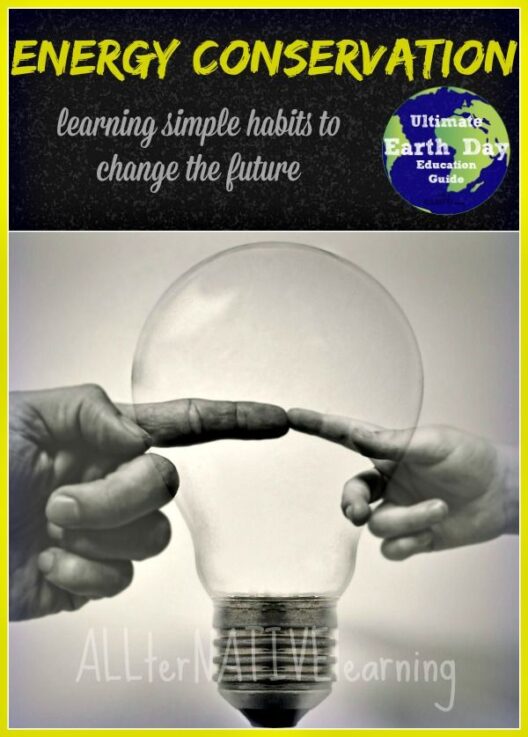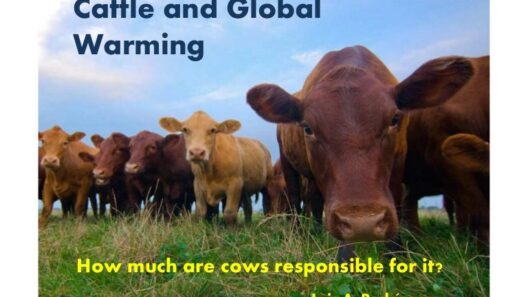The COVID-19 pandemic has undeniably altered the trajectory of our global society, forcing a reevaluation of myriad aspects of life. Among the more profound reflections has been a reconsideration of the relationship between humanity and the natural world. In this respect, the dual crises of COVID-19 and climate change have catalyzed a convergence that may engender a transformative perspective on environmental stewardship. As we navigate this unprecedented landscape, it becomes imperative to examine how a global pandemic can inadvertently serve as a catalyst for climate consciousness.
Initially, one might observe that the pandemic led to a temporary reduction in carbon emissions. With widespread lockdowns and the subsequent diminishment of human activity, air quality in urban centers improved markedly. Reports from around the globe highlighted clearer skies and noticeably cleaner air, accentuating the environmental benefits of reduced transportation and industrial activity. However, the question arises: Can these short-term gains precipitate a deeper, more enduring shift in our collective approach to climate change?
As economies shuttered and travel was curtailed, a significant disruption occurred in traditional tourism—a sector believed to be heavily polluting and a large contributor to greenhouse gas emissions. Tourists flocking to pristine environments often leave behind a substantial ecological footprint. With tourism grinding to a halt, many of the most delicate ecosystems regained a modicum of respite. This situation evokes curiosity regarding the potential long-term ramifications for both local economies reliant on tourism and the environments that sustain them.
It is within this context that we explore the notion of a “reset.” The pandemic prompted a reassessment of what constitutes essential travel, leisure, and consumption. As people began to appreciate the experiences within their immediate surroundings, a burgeoning awareness of local environments emerged, fostering a renewed connection to nature. The pandemic’s challenges forced individuals to confront their reliance on distant travels and extravagant habits, potentially engendering a more sustainable mindset.
Furthermore, the pandemic illuminated the stark interconnectedness of societal health and environmental health. Disparities in how communities experienced both the health crisis and climate change—often along socio-economic and racial lines—underscored the urgent need for a holistic perspective on welfare. Climate change exacerbates existing inequalities, and as we grapple with recovery from COVID-19, the need for a more equitable approach to both public health and environmental initiatives becomes increasingly apparent.
The concept of the “green recovery” gained traction during this period, prompting discussions about how nations could emerge from economic incapacitation with a renewed commitment to sustainability. This approach promotes investments in clean energy, public transportation, and green technology as integral components of post-pandemic recovery strategies. Governments and policymakers around the world now face the challenge of integrating climate action into their economic recovery plans, potentially redefining growth metrics to prioritize ecological well-being alongside traditional indicators.
Yet, the question persists: will this newfound environmental awareness be ephemeral, dissipating as societal norms return to pre-pandemic conventions? The inclination toward “business as usual” looms ominously on the horizon, as industries retool to regain lost ground without addressing fundamental sustainability issues. This reversion warrants vigilance, as inertia may undermine the progress made during this tenuous time.
Curiously, the pandemic also invigorated the discourse surrounding innovation. In the face of adversity, the scientific community propelled forward, unleashing a torrent of ingenuity in vaccine development. This remarkable response underscores our collective capacity to innovate when confronted with a crisis. Could it not extend to climate solutions as well? Our technological prowess, when channeled effectively, has the potential to catalyze breakthroughs in renewable energy, waste management, and sustainable agriculture, forging pathways to a more resilient future.
Moreover, the social dynamics precipitated by COVID-19 provided fertile ground for grassroots movements and local action. Communities mobilized to support one another, fostering a sense of solidarity that can extend to environmental advocacy. Localized environmental initiatives gained momentum as individuals sought to uplift their communities. In this light, there exists a profound opportunity to harness this momentum, translating social resilience into a formidable force for environmental justice and reform.
However, genuine transformation requires a long-term commitment to sustainability. It is essential that the lessons learned during the pandemic—lessons of interconnectedness, resilience, and adaptability—do not dissipate as society begins to emerge from crisis. Rather, this moment must be leveraged to inspire systemic change, compelling individuals, communities, corporations, and governments alike to re-envision their relationship with the planet.
In conclusion, COVID-19 has provided an unforeseen interruption in the regard to climate change and the global economy. The collaborative failures and triumphs displayed during this period serve as a mirror, reflecting not only the fragility of human existence but also the profound ties that bind us to the Earth. As we contemplate the future, we stand at a crossroads—one that beckons us to choose between a return to the familiar or an audacious journey toward a more sustainable and equitable world. The call for action is resounding; it remains to be seen whether we heed that call with the urgency and tenacity it so profoundly deserves.








